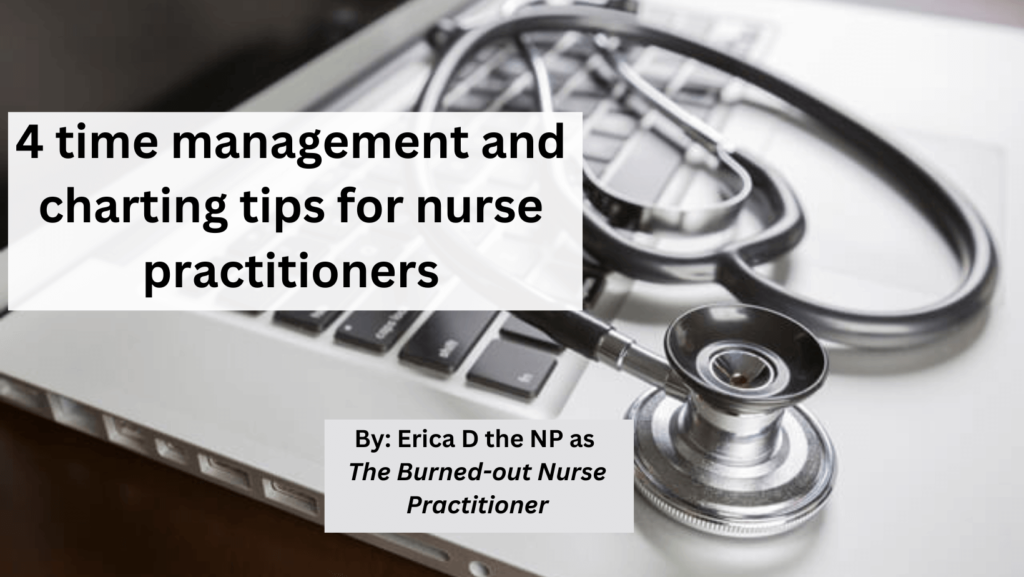Lateral Violence in Nursing | Bullied Nurse
There is no denying it, “nurses eat their young!” This common phrase, “eat their young,” is used in healthcare to reference the bullying and hazing-like process that affects new and student nurses. What is really at the heart of this all too common and broadly accepted behavior, what are the effects, and what steps can be taken to mitigate?”There is no denying it, “nurses eat their young!” This common phrase, “eat their young,” is used in healthcare to reference the bullying and hazing-like process that affects new and student nurses. What is really at the heart of this all too common and broadly accepted behavior, what are the effects, and what steps can be taken to mitigate?”
Lateral violence in the workplace or bullying is not subject to any one field in healthcare or even outside of healthcare; you can find a hostile culture of incivility. Dr. Cynthia Clark, an expert in fostering civility and healthy work environments, defines it as rude, disruptive, intimidating, and undesirable behaviors directed toward another person. Is there someone coming to mind?
How often have you witnessed or heard someone complain about their preceptor? How many of us addressed the issue or checked on the person mistreated? Many new nurses and staff report feeling “alienated, discouraged, and intimidated”, making them reluctant to ask for help.
“…dangerous conditions for our patients and entire staff.”
How does this manifest in our patients? When staff are not adequately trained or too afraid to ask for help, you can imagine the consequences; it creates an unsafe environment, eventually leading to dangerous conditions for our patients and the entire staff.
A “lack of awareness that an individual’s behavior is hostile or uncivil is further perpetuated by groupthink.” Psychology Today says Groupthink is the phenomenon that occurs when a “group of wellintentioned people makes irrational or non-optimal decisions spurred by the urge to conform or the belief that dissent is impossible.” It is the result of “ineffective communication and coping skills” in a high-stress environment (Alexis, 2021).

It’s reported that 65% of nurses have witnessed some form of incivility. Per the ANA, 18-31% of nurses have experienced workplace bullying, and an estimated 20% of first-year nurses quit (Leahy, n.d.).
If you are experiencing or have experienced bullying in the workplace, here are some tips from renowned expert Renee Thompson, on incivility in nursing.
Resources:
- The best method is prevention, so step one includes talking with a trusted faculty member if you’re a student or trusted staff on the job.
- Choosing an assertive communication style. Your response can sound like this: “I need your support, not your criticism,” or directly stating what you need help with: I need help with X, Y, and Z.
- Be confident- Sometimes, faking it until you make it can work to your advantage. Be sure to display good body language, especially while interacting and communicating.
- Teamwork- We all have the same goal in mind; when we work together as a team, this allows us to be our best while doing what we love.













